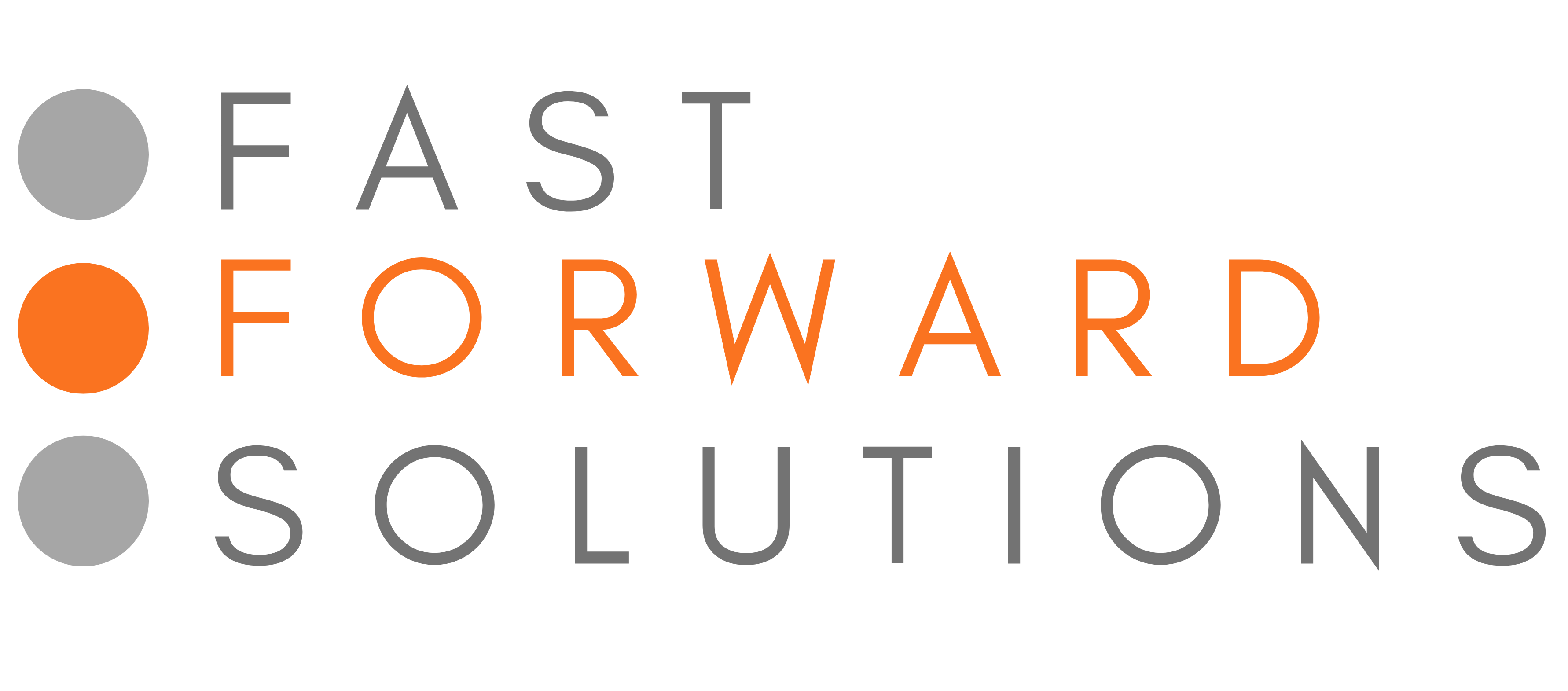
Kompleksowy przewodnik po rekrutacji CTO: Znajdź najlepszego kandydata dla swojej firmy
Rozumienie roli CTO (Chief Technical Officer) i jej znaczenia dla Twojej firmy
Zanim rozpoczniesz rekrutacje CTO, ważne jest, aby dokładnie zrozumieć, jakie kompetencje i cechy powinien posiadać kandydat. CTO to nie tylko ekspert technologiczny, ale również lider, który będzie kształtował wizję technologiczną firmy i inspirał zespół do innowacji. Odpowiedni CTO powinien wykazywać się nie tylko głęboką wiedzą techniczną, ale również umiejętnościami zarządzania i wizją strategiczną, która pozwoli prowadzić firmę przez wyzwania cyfrowej transformacji.
Identyfikacja źródeł najlepszych kandydatów na CTO
Znalezienie odpowiedniego CTO wymaga nie tylko rozumienia roli, ale również wiedzy, gdzie szukać potencjalnych kandydatów. Headhunting w przypadku wysokiego stanowiska jakim jest CTO, nie ogranicza się do przeglądania tradycyjnych portali z ogłoszeniami o pracę. Warto rozważyć kilka mniej oczywistych, ale skutecznych metod:
- Sieci zawodowe i branżowe wydarzenia: Konferencje, seminaria, oraz branżowe meetupy to doskonałe miejsca do nawiązywania kontaktów z potencjalnymi kandydatami. Obecność na takich wydarzeniach pozwala nie tylko poznać ekspertów w dziedzinie, ale również zobaczyć ich w akcji, ocenić umiejętności miękkie i zdolność do prezentacji swoich pomysłów.
- Rekomendacje: Nie można przeceniać wartości rekomendacji od zaufanych źródeł. Zapytaj swoje sieci kontaktów, czy znają kogoś, kto spełniałby wymagania na stanowisko CTO. Często najlepsi kandydaci są już zatrudnieni i nie szukają aktywnie pracy, ale odpowiednia oferta może ich przekonać do zmiany.
- Platformy do headhuntingu i specjalistyczne firmy rekrutacyjne: Korzystanie z usług firm specjalizujących się w rekrutacji na wysokie stanowiska może znacznie przyspieszyć proces. Takie firmy mają już ugruntowaną sieć kontaktów i mogą szybko zidentyfikować potencjalnych kandydatów.
- Media społecznościowe: LinkedIn to nie tylko platforma do sieciowania, ale również potężne narzędzie rekrutacyjne. Profesjonalny profil firmy i aktywna obecność w branżowych grupach dyskusyjnych mogą przyciągnąć uwagę potencjalnych kandydatów.
- Publikacje branżowe i blogi: Autorzy artykułów i postów na temat najnowszych trendów w technologii to często eksperci w swoich dziedzinach. Nawiązanie z nimi kontaktu może być pierwszym krokiem do zainteresowania ich ofertą pracy.
Pamiętaj, że proces rekrutacji CTO to inwestycja w przyszłość Twojej firmy. Warto poświęcić odpowiednio dużo czasu na znalezienie kandydata, który nie tylko posiada odpowiednią wiedzę techniczną, ale również pasuje do kultury organizacyjnej Twojej firmy i podziela jej wartości.
Kluczowe umiejętności i kompetencje idealnego CTO
Po zidentyfikowaniu potencjalnych źródeł, z których można pozyskać kandydatów na CTO, ważne jest, aby zrozumieć, jakie umiejętności i kompetencje są najbardziej pożądane na tym stanowisku. Oto niezbędne cechy, których powinieneś szukać w idealnym CTO:
- Głęboka wiedza technologiczna: CTO powinien być ekspertem w najnowszych technologiach i trendach, które mają zastosowanie w Twojej branży. Powinien posiadać zdolność do oceny i wdrażania nowych technologii, które mogą przynieść korzyści firmie.
- Doświadczenie w zarządzaniu projektami: Idealny CTO ma doświadczenie w zarządzaniu zespołami i projektami technologicznymi. Powinien umieć ustalać priorytety, delegować zadania i motywować zespół do efektywnej pracy.
- Umiejętności strategicznego myślenia: CTO to nie tylko technik, ale także strateg. Powinien potrafić przewidywać zmiany na rynku i dostosowywać strategię technologiczną firmy tak, aby wyprzedzać konkurencję.
- Komunikacja i prezentacja: Komunikacja to kluczowa umiejętność dla CTO, który musi efektywnie współpracować z innymi działami firmy i prezentować skomplikowane koncepcje w sposób zrozumiały dla osób nontechnicznych.
- Doświadczenie w roli lidera: Idealny CTO posiada silne umiejętności przywódcze, które pozwalają mu inspirować i kierować zespołem. Powinien być w stanie budować kulturę innowacji i promować otwartość na nowe pomysły.
Pamiętaj, że poszukiwania idealnego CTO nie powinny ograniczać się wyłącznie do kandydatów spełniających wszystkie powyższe kryteria. Ważne jest również, aby znaleźć osobę, która pasuje do kultury Twojej firmy i będzie w stanie współpracować z zespołem na różnych poziomach organizacji.
Proces rekrutacyjny i ocena kandydatów na CTO
Rekrutacja na stanowisko CTO wymaga starannie zaplanowanego procesu, który pozwoli dokładnie ocenić kandydatów pod kątem ich umiejętności, doświadczenia oraz dopasowania do kultury firmy. Oto kilka kluczowych etapów procesu rekrutacyjnego:
- Definicja potrzeb i oczekiwań: Zanim rozpoczniesz proces rekrutacyjny, musisz dokładnie zdefiniować, jakie są oczekiwania wobec przyszłego CTO oraz jakie zadania będą przed nim stawiane. Określenie jasnych celów i wymagań pomoże w selekcji odpowiednich kandydatów.
- Ogłoszenie o pracę i przyciąganie talentów: Opracuj ogłoszenie o pracę, które jasno przedstawi wymagania stanowiska oraz wartości i kulturę Twojej firmy. Skorzystaj z różnych kanałów, aby dotrzeć do jak najszerszego grona potencjalnych kandydatów.
- Przegląd aplikacji i wstępna selekcja: Przejrzyj nadesłane aplikacje, aby wyselekcjonować najbardziej obiecujących kandydatów. W tej fazie pomocne mogą być narzędzia do śledzenia kandydatów (ATS), które ułatwiają zarządzanie procesem rekrutacyjnym.
- Wywiady i ocena umiejętności: Przeprowadź serię wywiadów, które pozwolą lepiej poznać kandydatów. Warto zastosować różnorodne metody oceny, w tym wywiady techniczne, zadania praktyczne czy case studies, aby ocenić zarówno kompetencje techniczne, jak i umiejętności miękkie kandydatów.
- Weryfikacja referencji i finalna decyzja: Przed podjęciem ostatecznej decyzji, sprawdź referencje najlepszych kandydatów. Weryfikacja referencji pozwoli uzyskać dodatkowe informacje na temat ich doświadczenia i sposobu pracy.
- Oferta pracy i negocjacje: Kiedy zdecydujesz, kto jest najlepszym kandydatem na stanowisko CTO, przedstaw mu ofertę pracy. Bądź gotowy na negocjacje dotyczące warunków zatrudnienia, aby zapewnić, że obie strony są zadowolone z finalnego porozumienia.
Pamiętaj, że rekrutacja CTO to złożony proces, który może zająć dużo czasu, ale dokładność i staranność na każdym etapie są kluczowe dla znalezienia idealnego kandydata, który będzie mógł przyczynić się do wzrostu i innowacyjności Twojej firmy.
Make an appointment for a free consultation
Take advantage of our free consultation and find out how we can help you with this challenge.
Schedule a 15-minute online meeting and start building your dream team with our help








Latest comments